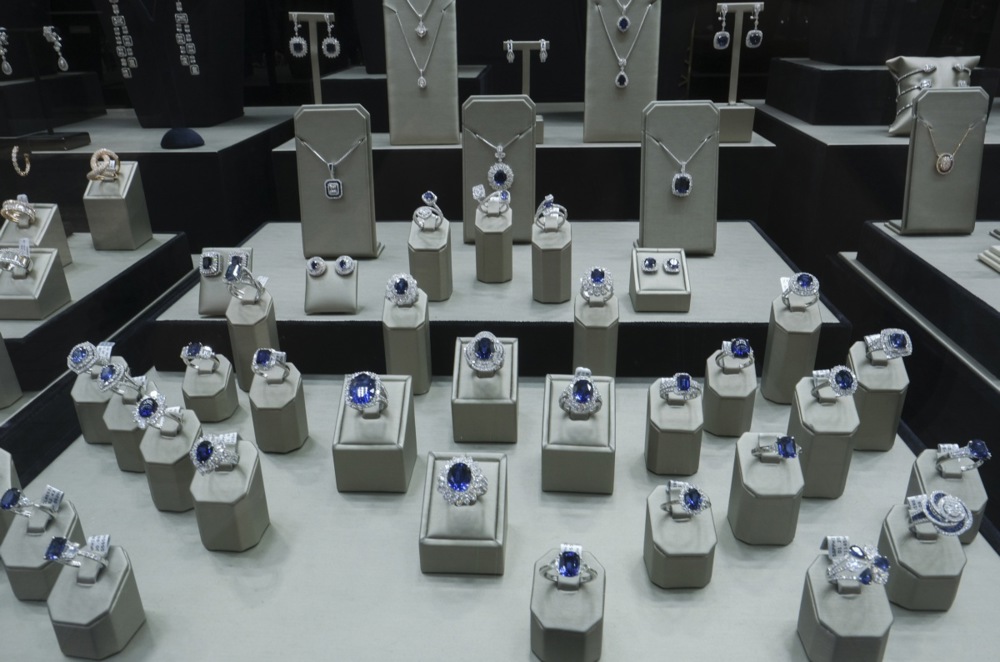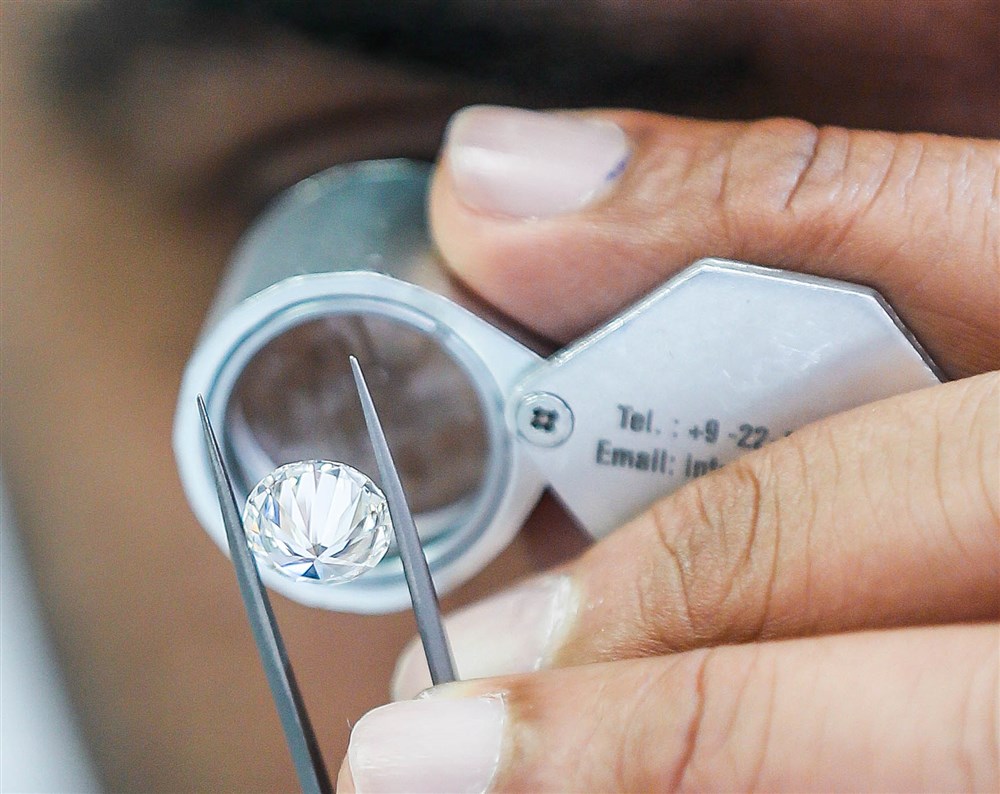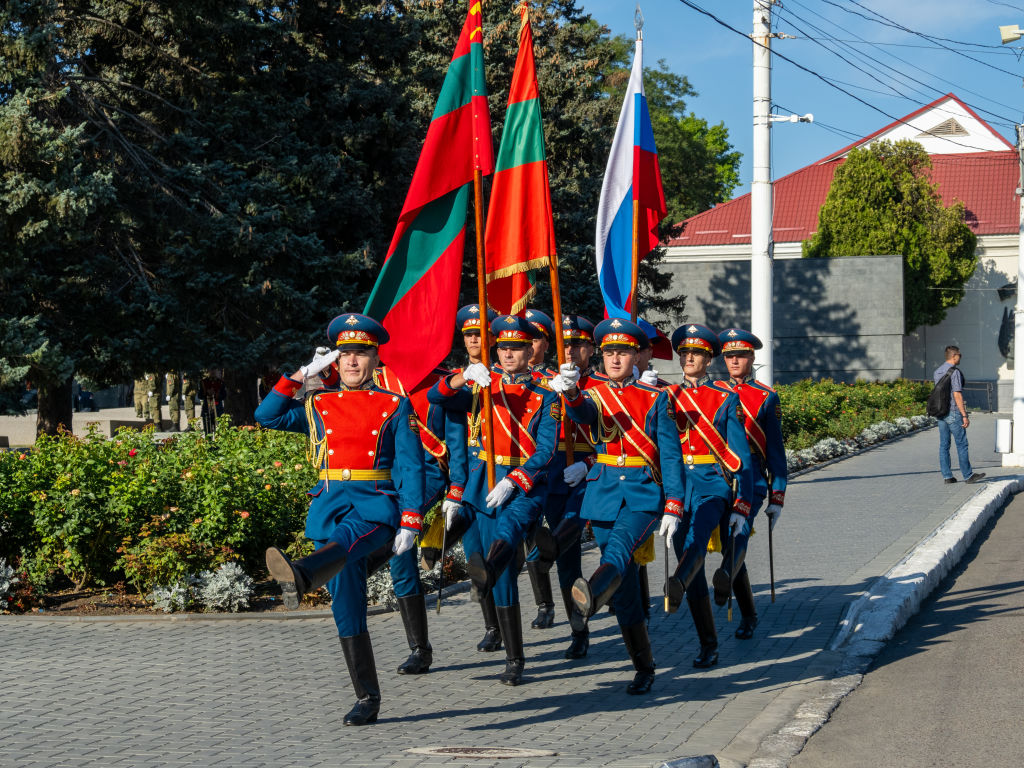Belgian authorities have intercepted hundreds of tonnes of Russian wood despite EU sanctions that have been in effect since early 2022.
Using isotope analysis, Belgian inspectors were able to find the country of origin of timber.
Two hundred and sixty-one tonnes of board material were found to have originated from Russia, Belgian newspaper De Tijd reports.
This is thought to be one of the first uses of isotope analysis in a lab to determine the country of origin of wood.
In a reaction to Brussels Signal on the breaching of EU sanctions, a Commission spokesperson pointed primarily towards the responsibility of the member states.
“The primary responsibility to ensure the correct implementation and enforcement of EU sanctions rests with the EU Member States”, the spokesperson said, noting that the Commission “ensures uniform implementation” and “monitors enforcement,” while revising its guidance” and holding “meetings with Member States to discuss sanction implementation and to exchange best practices.”
The spokesperson noted that circumventing EU sanctions “is a crime and tackling it is a matter of priority. That is why the Commission is working hard to crack down on it.”
She said that the EU “is keeping a close eye on third countries that are used as platforms for sanctions circumvention and in particular operators that are engaged in circumvention schemes and re-exporting EU sanctioned goods to Russia.”
Diplomatic outreach “and constant engagement with these countries in ensuring that EU sanctions are not circumvented is a must. This is at the core of the mandate of the EU Sanctions Envoy, Mr David O’Sullivan.”
“In some cases, however, diplomatic efforts may prove to be insufficient.”
“If nothing else works, we have further tools. The EU can decide to list third-country companies engaged in sanctions circumvention. It can also take a further step by banning the export of very specific goods to those third countries by using the EU’s anti-circumvention tool. This, however, would be a step of last resort,” the spokesperson said.
She highlighted that in the 12th package of sanctions, a ‘no Russia’ clause was added, which obliges EU operators to include specific legal provisions in contracts when exporting advanced technology items outside partner countries.
This makes operators in third countries liable if any technology or related item reaches Russia.
“Tackling sanctions circumvention is an ongoing process with new challenges, increasingly complex patterns and malicious actors emerging. Thus, continuous close cooperation is of key importance.”
The findings confirm earlier investigations by the International Consortium of Investigative Journalists (ICIJ) that Russian timber still reaches European member states via clandestine routes.
It is alleged the Russian timber reaches the EU via Turkey, Kirghizia and Kazachstan.
In 2022, Turkish imports of wood and cork increased by 600 per cent.
Journalists also recorded a Chinese trader selling Russian timber.
The G7 will ban imports of Russian diamonds from next year as part of efforts to limit Moscow’s income from precious stones and to support Ukraine. https://t.co/KaTyKIkTsO
— Brussels Signal (@brusselssignal) December 7, 2023
Aside from sanctioned wood, there is also a problem with illegally logged timber.
Compared to 2022, over three times as many police reports were filed last year. These are sent to the offices of public prosecutors, where they could result in administrative fines or criminal records.
The wood has reportedly come from the Central African Republic, China, Malaysia, Turkey, Ukraine, Belarus, Brazil, Chile and Russia.





